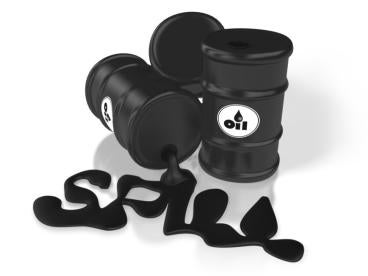On February 16, 2016, the Environmental Protection Agency (“EPA”) and the Environmental Justice Health Alliance for Chemical Policy Reform, Natural Resources Defense Council, and other environmental groups, entered into a Consent Decree that requires the EPA to issue proposed regulations “establishing procedures, methods, and equipment and other requirements for equipment to prevent discharges of hazardous-substances from onshore facilities, and to contain such discharges.” Envtl. Justice Health All. for Chem. Reform v. U.S. EPA, No. 15-cv-05075, ECF No. 46 (S.D.N.Y. Feb. 16, 2016). That Consent Decree is found here.
This Consent Decree stems from an action filed by environmental groups in the United States District Court for the Southern District of New York in July of 2015. The complaint alleged that the EPA failed “to do what Congress mandated that the EPA do over forty years ago: issue regulations to prevent and contain hazardous-substance spills from non-transportation-related onshore facilities, including aboveground storage tanks.” Id. The environmental groups point to §311(j)(1) of the Clean Water Act (“CWA”), where Congress directed that “as soon as practicable after October 18, 1972, and from time to time thereafter, the President shall issue regulations . . . establishing procedures, methods, and equipment and other requirements for equipment to prevent discharges of oil and hazardous-substances . . . from onshore facilities . . . , and to contain such discharges. Id. The President then delegated this authority to the Administrator of the EPA in Executive Order No. 11735. Id. The complaint alleged that because EPA failed to issue the required regulations, the EPA has left “many onshore hazardous-substance storage facilities, including above-ground storage tanks, subject to neither state nor federal regulation. This regulatory vacuum has grave environmental and social-justice ramifications.” Id. In making its claim, the environmental groups pointed to hundreds of alleged spills from above-ground storage tanks that have been left unregulated, specifically noting the January 2014 spill by Freedom Industries into West Virginia’s Elk River. Id. The environmental groups sought declaratory and injunctive relief, urging the court to compel the EPA to propose and promulgate the regulations required under the CWA. Id.
The Consent Decree requires the EPA to issue the proposed regulations within eighteen months of its issuance, with final action coming no later than fourteen months thereafter. Id. Each deadline may be extended by ten months in the event that the EPA decides that it is necessary to initiate an information collection exercise pursuant to 44 U.S.C §3506(c)(2)(A).
Currently, the only regulations imposed under §311(j)(1)(C) of the CWA are spill prevention and containment countermeasure plan regulations to prevent and contain discharges of oil from non-transportation-related onshore facilities. The regulations required under the Consent Decree will likely result in comprehensive requirements for those entities that handle, store, transport, or process hazardous substances, which will lead to an expansion of the regulated community, as the new requirements will apply to those entities – including small businesses – that store chemicals as opposed to oil.
As EPA gets set to once again to expand its regulatory arm, affected entities should begin to prepare to participate in the rulemaking process. Among the issues that we should assess include defining the existing state and federal regulatory programs that manage tanks and chemicals.




 i
i